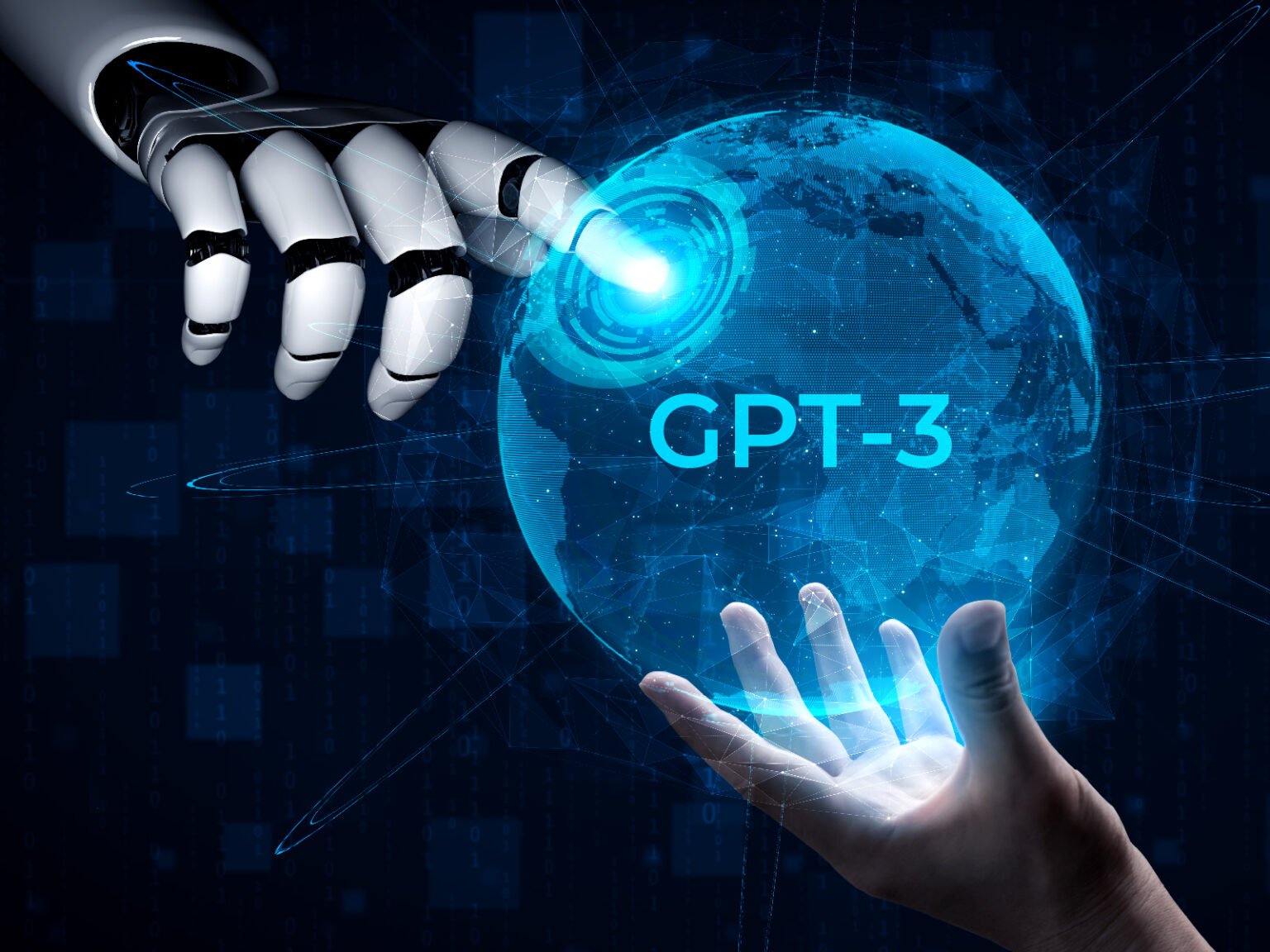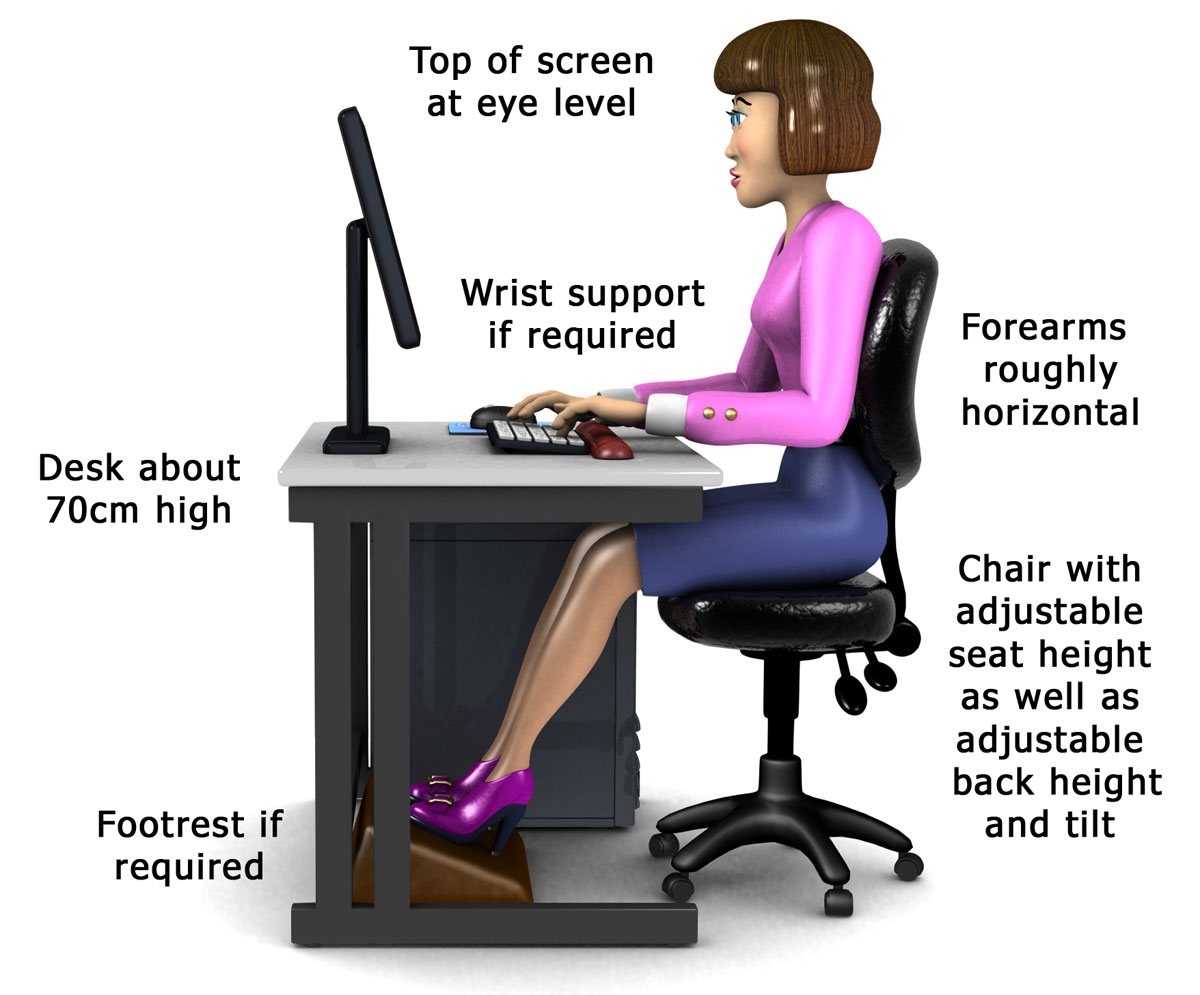Is the GPT-3 conversation bot damaging to the health sector?
Commonly asked questions to chatbots like, “Tell me, can we reverse diabetes,” “What is the cure for aging,” “Prescribe a medicine,” and “Prescription medicine for diarrhea.” Is it truly appropriate to follow this practice or are these bots a threat to doctors’ jobs? According to research, this large-language model (LLM) AI chatbot displays about 72% accuracy across a range of medical fields and clinical care phases. The researchers at Mass General Brigham led this groundbreaking study.
Artificial intelligence (AI) has altered many industries’ competitive landscapes, and the healthcare industry is no exception. GPT-3 (Generative Pre-trained Transformer 3) is one AI model that has showed a lot of potential for changing how healthcare practitioners work. We could be entering a new era in the healthcare industry because to GPT-3. GPT-3 has the potential to change the healthcare sector by enhancing patient outcomes and streamlining procedures while processing massive amounts of data and generating recommendations.
Understanding GPT-3
One of the most cutting-edge language models available now is GPT-3. It makes use of deep learning techniques to comprehend and produce content that is human-like by using crawlers to gather information from numerous online sources and data based apps. With 175 billion parameters, GPT-3 has the ability to comprehend and generate text in a manner that is often indistinguishable from human-generated content. Commonly used chatbots include Bing Chat, Chat GPT and Google’s Bard .
The Potential Impact on the Healthcare Sector
The integration of GPT-3 into the healthcare sector has the potential to bring about several significant advancements:
1. Improved Diagnostic Capabilities
With its vast knowledge base and ability to process large volumes of medical literature, GPT-3 can assist healthcare professionals in diagnosing patients more accurately. By analyzing a patient’s symptoms and medical history, GPT-3 can provide valuable insights and potential diagnoses based on its extensive database of medical information.
2. Enhanced Patient Interactions
GPT-3 can be leveraged to improve patient interactions and engagement. By analyzing patient data, GPT-3 can generate personalized recommendations, guidance, and explanations in real-time. This can lead to increased patient satisfaction, better adherence to treatment plans, and improved overall health outcomes.
3. Efficient Documentation and Record-Keeping
Healthcare professionals spend a significant amount of time documenting patient information and updating medical records. GPT-3 has the potential to automate this process by generating accurate and detailed clinical notes based on conversations with patients or medical reports. This can save time for healthcare providers, allowing them to focus more on direct patient care.
4. Medical Research and Disease Understanding
GPT-3 can assist researchers in analyzing vast amounts of medical literature, clinical trials, and patient data to identify patterns and insights. This can lead to advancements in disease understanding, identification of new treatment options, and quicker translation of research into practice.
5. Telemedicine and Remote Patient Monitoring
The necessity of telemedicine and remote patient monitoring has been made clear by the COVID-19 epidemic.GPT-3 can facilitate telehealth interactions by providing virtual assistance to healthcare professionals, ensuring accurate and informed decision-making. It can also analyze data from remote monitoring devices, alerting healthcare providers to possible health issues before they escalate.
Challenges and Considerations
While the potential of GPT-3 in the healthcare sector is vast, there are important challenges and considerations to address. Some areas of concern include:
- Data Security and Privacy: As GPT-3 processes and analyzes vast amounts of patient data, ensuring data security and privacy is crucial. Strict protocols must be in place to protect sensitive information and comply with relevant regulations.
- Ethical Considerations: The use of AI models like GPT-3 raises ethical concerns, such as bias in algorithms, lack of transparency in decision-making, and potential job displacement. Careful consideration and regulation are necessary to address these issues and ensure responsible use of AI in healthcare.
Embracing the Future of Healthcare
While there are challenges to overcome, the potential for GPT-3 to revolutionize the healthcare sector is undeniable. By leveraging its capabilities, healthcare professionals can enhance diagnostics, improve patient care, reduce administrative burdens, and advance medical research.
Healthcare businesses must seize these opportunities, make infrastructure investments in AI, and work with AI experts to create safe and moral AI models that are tailored to the specific requirements of the healthcare industry. By doing this, we can fully realize GPT-3’s potential and usher in an era in which AI and human expertise collaborate to deliver the greatest possible healthcare outcomes for all.




One thought on “Is the GPT-3 conversation bot damaging to the health sector?”